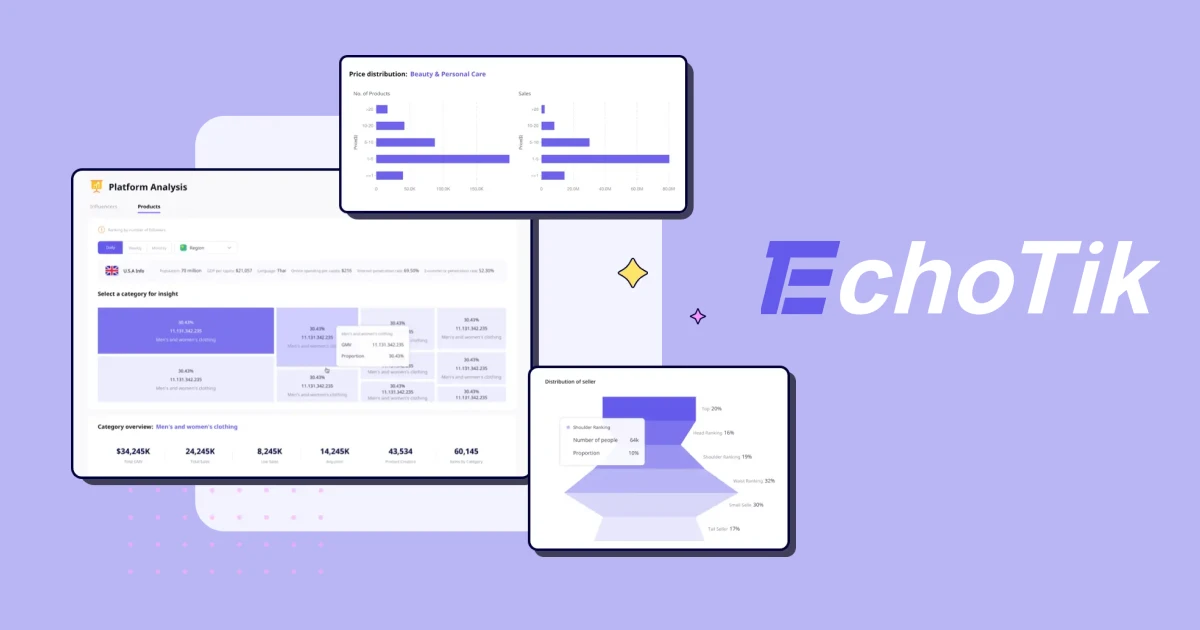Here’s the deal: It provides real-time information on machine performance, supply chains, and logistics, allowing businesses in the areas of automation and cost reduction. Yes - it’s that great! It also improves customer service and transaction transparency, leading to improved customer experiences.
Businesses may also enhance their decision-making, modify their business models, and pinpoint problem areas by evaluating the data generated by IoT. Businesses frequently work with IoT software development firms to build intricate hardware-software interactions that provide connection across devices and crucial company data. True, it is a little bit complex, but as soon as you get a grasp of the concept, you will be starstruck!
IoT technology helps to facilitate remote work by improving collaboration and efficiency. By connecting devices, IoT makes it easy for remote workers to communicate and work together regardless of their location. Furthermore, IoT provides remote troubleshooting services, allowing employees to solve problems without having to take their devices to a physical location. With IoT-enabled conferencing equipment and other tools, remote work processes can be streamlined, keeping employees connected no matter where they are. See - IoT is truly a game-changer!
IoT helps organizations optimize their workflows through automation, reducing wasted time and resources. This leads to improved efficiency and profitability, with 75% of IoT-adopting companies seeing an increase in profitability.
IoT also enables businesses to gather deeper insights and create new revenue streams based on emerging patterns. Moreover, data analysis and live surveillance through IoT networks can reduce security risks and vunerabilities, with AI-based solutions like ALERTWildfire becoming increasingly accurate at predicting wildfires. This is one of the many examples! For instance, Uber uses data from sensors and smartphones to monitor traffic conditions and manage the supply of drivers in real time. Rolls-Royce, on the other hand, uses data generated from IoT devices for quality control purposes.
And again - for businesses, the internet of things not only speeds up their processes but also increases productivity and efficiency. New technological advancements empower workers to complete tasks quickly and accurately. With the help of IoT, businesses can finish their operations with fewer staff members. A dream come true for founders!
As we've seen, the Internet of Things is a global phenomenon that has the potential to revolutionize every aspect of our lives. It's also creating an entirely new ecosystem of devices and applications that will dictate the future of business!
And as a disclaimer, while the IoT offers businesses the chance to improve their operations and boost profitability, it also comes with certain upfront costs and management challenges. It could be necessary to hire specialists for this. Businesses must be ready to compete in the rapidly changing technology world.















